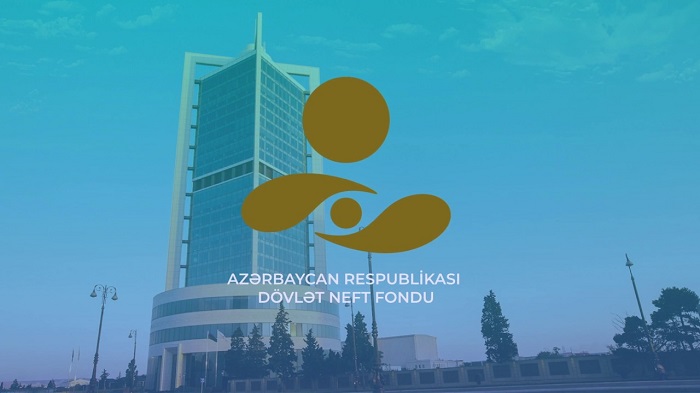The government of Azerbaijan plans to ask the International Monetary Fund for $3 billion in financial aid and will request a further $1 billion in World Bank loans, a source familiar with the matter told Reuters on Thursday.
 The IMF said on Wednesday it was discussing with the World Bank possible financing assistance for Azerbaijan to help it cope with mounting currency pressures.
The IMF said on Wednesday it was discussing with the World Bank possible financing assistance for Azerbaijan to help it cope with mounting currency pressures.
The International Monetary Fund and World Bank are discussing possible financing aid for oil exporter Azerbaijan to help it cope with mounting currency and budget pressures from a steep drop in crude prices, the institutions said on Wednesday.
“An IMF team will be in Baku during Jan. 28-Feb. 4 for a fact-finding staff visit at the authorities’ request. The team will discuss areas for technical assistance and assess possible financing needs,” an IMF spokesman said.
The Financial Times reported that IMF and World Bank officials were discussing a possible $4 billion emergency loan package that could be the first of several bailouts for oil-exporting countries spurred by plunging oil prices. IMF and World Bank spokesmen declined to confirm an amount for a possible package.
“The World Bank and the IMF are in active dialogue with the Government of Azerbaijan, discussing both immediate and longer-term measures in response to the pressure on the local currency and low oil prices,” a World Bank spokesman said in a statement. “The World Bank stands ready to provide necessary assistance to Azerbaijan, including budget support.”
The Baku visit by IMF staff who will join World Bank officials based there, foreshadows concerns about the finances of much larger oil and commodity-producing countries, including Venezuela, Ecuador and Brazil, which is mired in a deep recession.
Oil and gas account for 95 percent of Azeri exports and 75 percent of government revenues. Crude oil’s 50 percent price fall over the past six months to about $30 a barrel has dealt a crushing blow to the Caspian Sea republic’s economy.
Azerbaijan in December floated its currency, the manat, after burning through more than half its foreign exchange reserves last year. The manat has continued to lose value, falling by more than a third against the dollar in the past month alone, triggering a steep spike in inflation.
The country’s Finance Ministry said this week it intended to issue manat currency bonds to help cover its budget deficit, at interest rates in the 10 to 12 percent range.
Reuters











